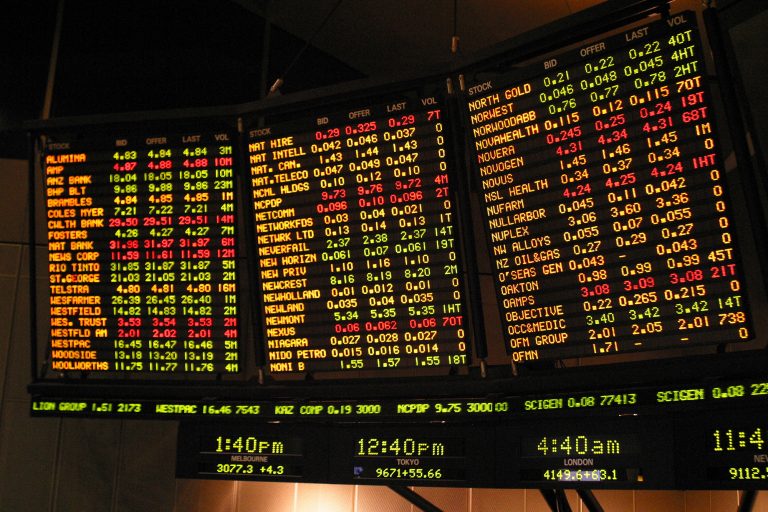Your recession survival guide
In the ever-fluctuating world of economics, recessions are an inevitable part of the financial cycle. While they can be daunting, understanding their nature and preparing for their impact can make a significant difference in weathering the storm. Understanding Recessions At its core, a recession represents a period where economic activity contracts, often reflected in consecutive quarters of negative GDP (Gross Domestic Product) growth. This contraction is not just a statistic on a chart; it resonates through various facets of the economy. Employment opportunities might become scarcer, leading to job losses or reduced working hours. Households might witness a dip in their income levels, which in turn affects their purchasing power. Consequently, consumer spending, a significant driver of the economy, takes a hit. The onset of a recession can occur for various reasons, and often it’s a combination of several factors, rather than just one event. High inflation rates, for instance, can reduce the value of money, prompting consumers to cut back on spending. Additionally, rising consumer debt can be problematic. While borrowing can boost economic growth in the short term, too much debt can lead to payment defaults, affecting both households and the banks they borrowed from. Moreover, unexpected events, such as a global health crisis, can interrupt business operations and reduce consumer demand, leading to economic downturns. It’s the mix of these local and global factors that highlights the intricate nature of recessions and the importance of understanding them. Preparing Everyday Expenses for a Recession 1. Budgeting: The cornerstone of financial resilience is a well-planned budget. Track your monthly income and expenses, prioritise necessities, and cut back on luxuries. This will not only help you save but also give you a clear picture of where your money goes. 2. Debt Reduction: High-interest debts can cripple your finances. Focus on paying off high-interest debts first, like credit card balances. Consider consolidating your debts or negotiating with lenders for better terms. 3. Emergency Fund: An emergency fund acts as a financial cushion. Aim to save at least three to six months’ worth of living expenses. This fund can be a lifesaver if you face job loss or unexpected expenses during a recession. Fortifying Your Savings for a Recession 1. Automatic Savings: Set up an automatic transfer to your savings account each month. This ensures you’re consistently saving, making it less tempting to spend that money elsewhere. 2. Diversify Your Savings: Don’t put all your eggs in one basket. Consider diversifying your savings across different accounts or financial institutions. This can protect your money from bank failures or other unforeseen events. 3. Liquidity is Key: In uncertain times, having access to your savings can be crucial. While long-term deposits or high-yield accounts might offer better interest rates, ensure a portion of your savings is in easily accessible accounts, like a regular savings account or a money market account. This ensures you can quickly access funds without penalties or waiting periods should the need arise. Navigating Investments During a Recession 1. Review Your Strategy: Recessions are not the time for hasty decisions. Re-evaluate your investment strategy in light of the current economic climate. Ensure your portfolio aligns with your long-term financial goals. 2. Seek Professional Advice: If you’re unsure about your investments, consult a financial adviser. They can provide insights tailored to your situation and help you make informed decisions. 3. Avoid Impulsive Moves: It’s natural to feel anxious during economic downturns. However, making impulsive investment decisions based on fear can lead to significant losses. Stay informed, be patient, and remember that recessions are temporary. Recessions, while challenging, are a natural part of the economic cycle. By understanding their nature and preparing in advance, you can not only survive, but thrive, during these times. Remember, the key is to be proactive, stay informed, and make well-considered financial decisions. With the right strategies in place, you can navigate any economic storm with confidence! The information provided in this article is general in nature only and does not constitute personal financial advice.

